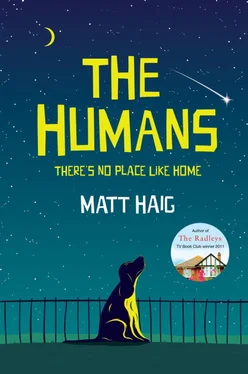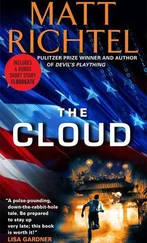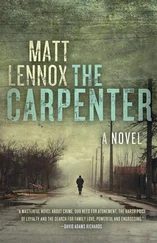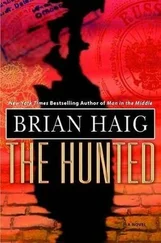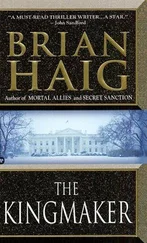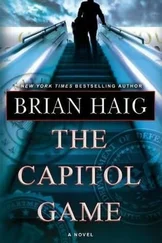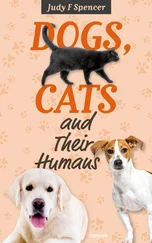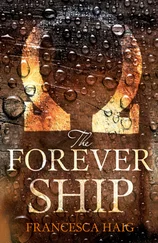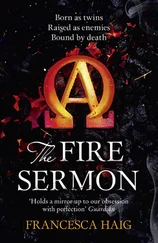It was Professor Andrew Martin’s bed, on the second floor of his house. His house was at 4 Campion Row. It was large, compared to the exteriors of other houses I had seen. Inside, all the walls were white. Downstairs, in the hallway and the kitchen, the floor was made of limestone, which was made of calcite, and so provided something familiar for me to look at. The kitchen, where I had gone to drink some water, was especially warm owing to the presence of something called an oven. This particular type of oven was made of iron and powered by gas, with two continually hot discs on its top surface. It was called an AGA. It was cream-coloured. There were lots of doors in the kitchen and also here in the bedroom. Oven doors and cupboard doors and wardrobe doors. Whole worlds shut away.
The bedroom had a beige carpet, made of wool. Animal hair. There was a poster on the wall which had a picture of two human heads, one male and one female, very close together. It had the words Roman Holiday on it. Other words, too. Words like ‘Gregory Peck’ and ‘Audrey Hepburn’ and ‘Paramount Pictures’.
There was a photograph on top of a wooden, cuboid piece of furniture. A photograph is basically a two-dimensional nonmoving holograph catering only to the sense of sight. This photograph was inside a rectangle of steel. A photograph of Andrew and Isobel. They were younger, their skins more radiant and unwithered. Isobel looked happy, because she was smiling and a smile is a signifier of human happiness. In the photograph Andrew and Isobel were standing on grass. She was wearing a white dress. It seemed to be the dress to wear if you wanted to be happy.
There was another photo. They were standing somewhere hot. Neither of them had dresses on. They were among giant, crumbling stone columns under a perfectly blue sky. An important building from a former human civilisation. (On Earth, incidentally, civilisation is the result of a group of humans coming together and suppressing their instincts.) The civilisation, I guessed, was one that must have been neglected or destroyed. They were smiling, but this was a different kind of smile and one which was confined to their mouths and not their eyes. They looked uncomfortable, though I attributed this to the heat on their thin skin. Then there was a later photograph, taken indoors somewhere. They had a child with them. Young. Male. He had hair as dark as his mother, maybe darker, with paler skin. He was wearing an item of clothing which said ‘Cowboy’.
Isobel was there in the room a lot of the time, either sleeping beside me or standing nearby, watching. Mostly, I tried not to look at her.
I didn’t want to connect to her in any way. It would not serve my mission well if any kind of sympathy, or even empathy towards her were to form. Admittedly, this was unlikely. Her very otherness troubled me. She was so alien. But the universe was unlikely before it happened and it had almost indisputably happened.
Though I did brave her eyes for one question.
‘When did you last see me? I mean, before. Yesterday?’
‘At breakfast. And then you were at work. You came home at eleven. In bed by half past.’
‘Did I say anything to you? Did I tell you anything?’
‘You said my name, but I pretended to be sleeping. And that was it. Until I woke up, and you were gone.’
I smiled. Relieved, I suppose, but back then I didn’t quite understand why.
I watched the ‘television’ she had brought in for me. She had struggled with it. It was heavy for her. I think she expected me to help her. It seemed so wrong, watching a biological life form putting herself through such effort. I was confused and wondered why she would do it for me. I attempted, out of sheer telekinetic curiosity, to lighten it for her with my mind.
‘That was easier than I was expecting,’ she said.
‘Oh,’ I said, catching her gaze face-on. ‘Well, expectation is a funny thing.’
‘You still like to watch the news, don’t you?’
Watch the news. That was a very good idea. The news might have something for me.
‘Yes,’ I said, ‘I like to watch the news.’
I watched it, and Isobel watched me, both equally troubled by what we saw. The news was full of human faces, but generally smaller ones, and often at a great distance away.
Within my first hour of watching, I discovered three interesting details.
1. The term ‘news’ on Earth generally meant ‘news that directly affects humans’. There was, quite literally, nothing about the antelope or the sea-horse or the red-eared slider turtle or the other nine million species on the planet.
2. The news was prioritised in a way I could not understand. For instance, there was nothing on new mathematical observations or still undiscovered polygons, but quite a bit about politics, which on this planet was essentially all about war and money. Indeed, war and money seemed to be so popular on the news it should more accurately be described as The War and Money Show . I had been told right. This was a planet characterised by violence and greed. A bomb had exploded in a country called Afghanistan. Elsewhere, people were worrying about the nuclear capability of North Korea. So-called stock markets were falling. This worried a lot of humans, who gazed up at screens full of numbers, studying them as if they displayed the only mathematics that mattered. Oh, and I waited for the stuff on the Riemann hypothesis but nothing came. This was either because no one knew or no one cared. Both possibilities were, in theory, comforting and yet I did not feel comforted.
3. Humans cared more about things if they were happening closer to them. South Korea worried about North Korea. People in London were worried chiefly about the cost of houses in London. It seemed people didn’t mind someone being naked in a rainforest so long as it was nowhere near their lawn. And they didn’t care at all about what was happening beyond their solar system, and very little about what was happening inside it, except with what was happening right here on Earth. (Admittedly, not a great deal was happening in their solar system, which might have gone some way to explain where human arrogance came from. A lack of competition.) Mostly, humans just wanted to know about what was going on within their country, preferably within that bit of the country which was their bit, the more local the better. Given this view, the absolutely ideal human news programme would only concern what was going on inside the house where the human watching it actually lived. The coverage could then be divided up and prioritised on the basis of the specific rooms within that house, with the lead story always being about the room where the television was, and typically concerning the most important fact that it was being watched by a human. But until a human follows the logic of news to this inevitable conclusion, the best they had was local news. So, in Cambridge, the most important thing on the news was the story about the human called Professor Andrew Martin who was discovered walking unclothed around the grounds of the New Court at Corpus Christi College, Cambridge University, during the early hours of that morning.
The repeated coverage of this last detail also explained why the telephone had been ringing almost continuously since I had arrived, and why my wife had been talking about emails arriving into the computer all the time.
‘I’ve been fielding them,’ she told me. ‘I’ve told them you aren’t up to talking right now and that you are too ill.’
‘Oh.’
She sat on the bed, stroked my hand some more. My skin crawled. A part of me wished I could just end her, right there. But there was a sequence, and it had to be followed.
Читать дальше
